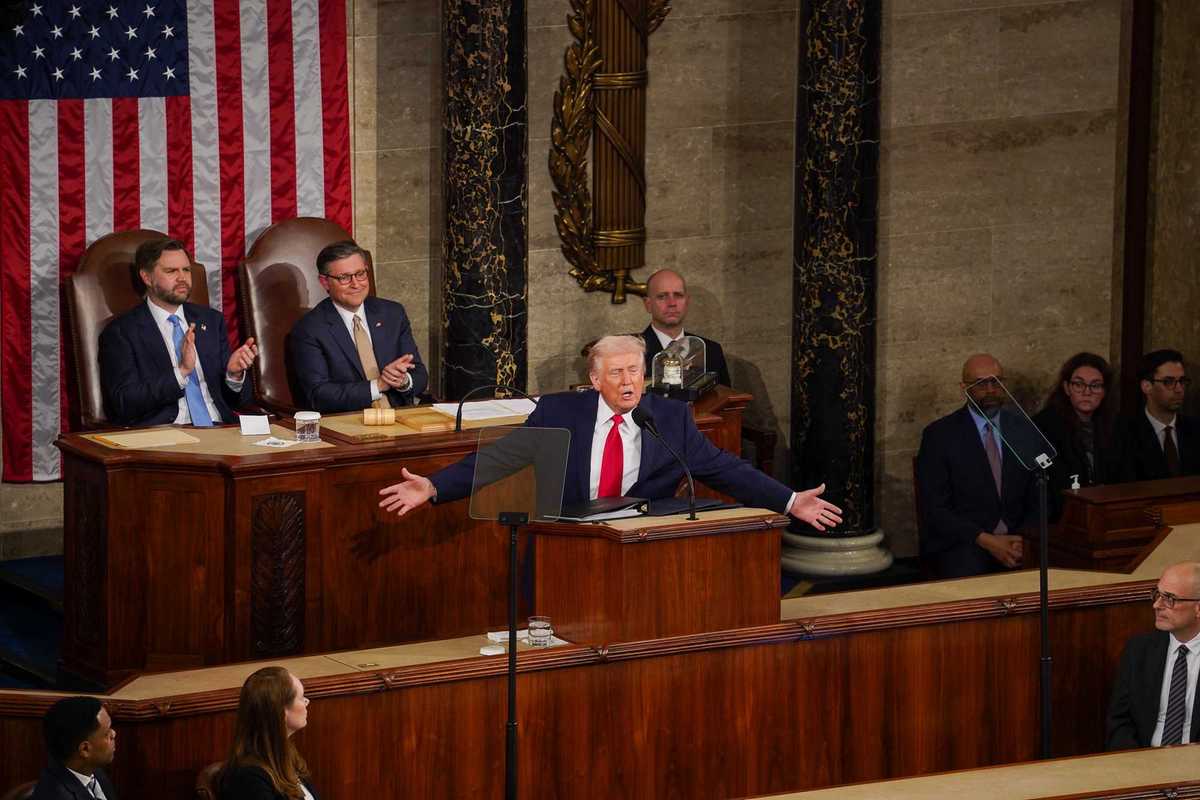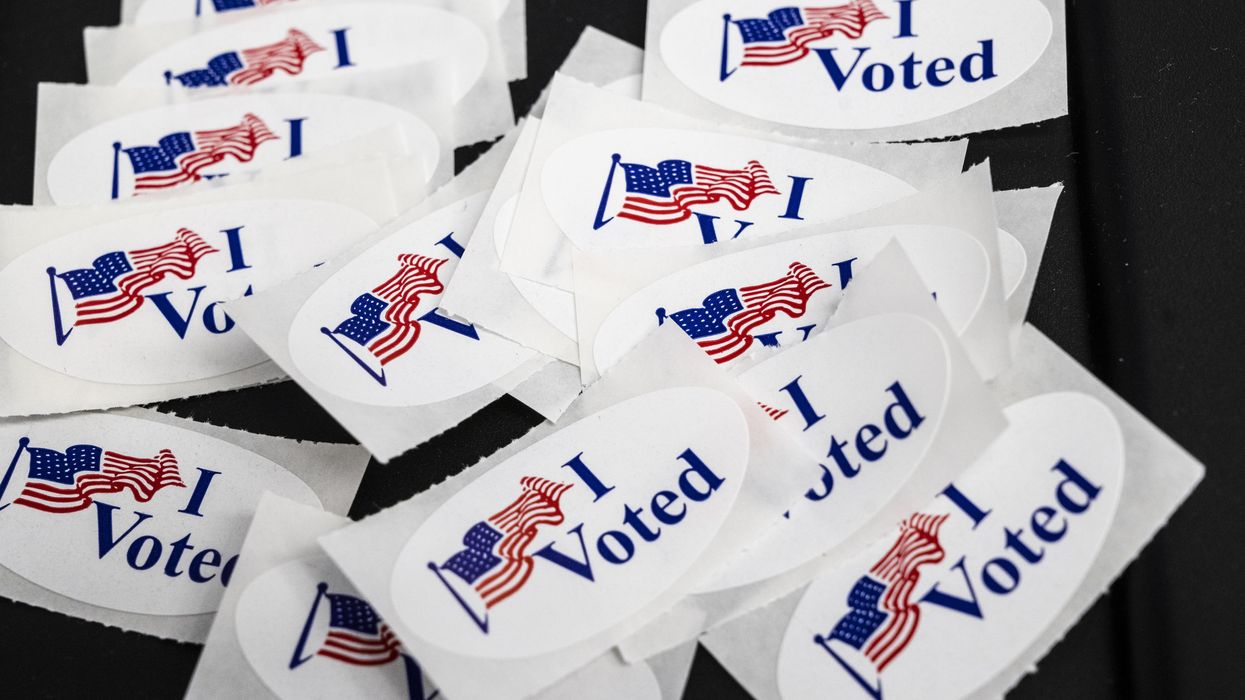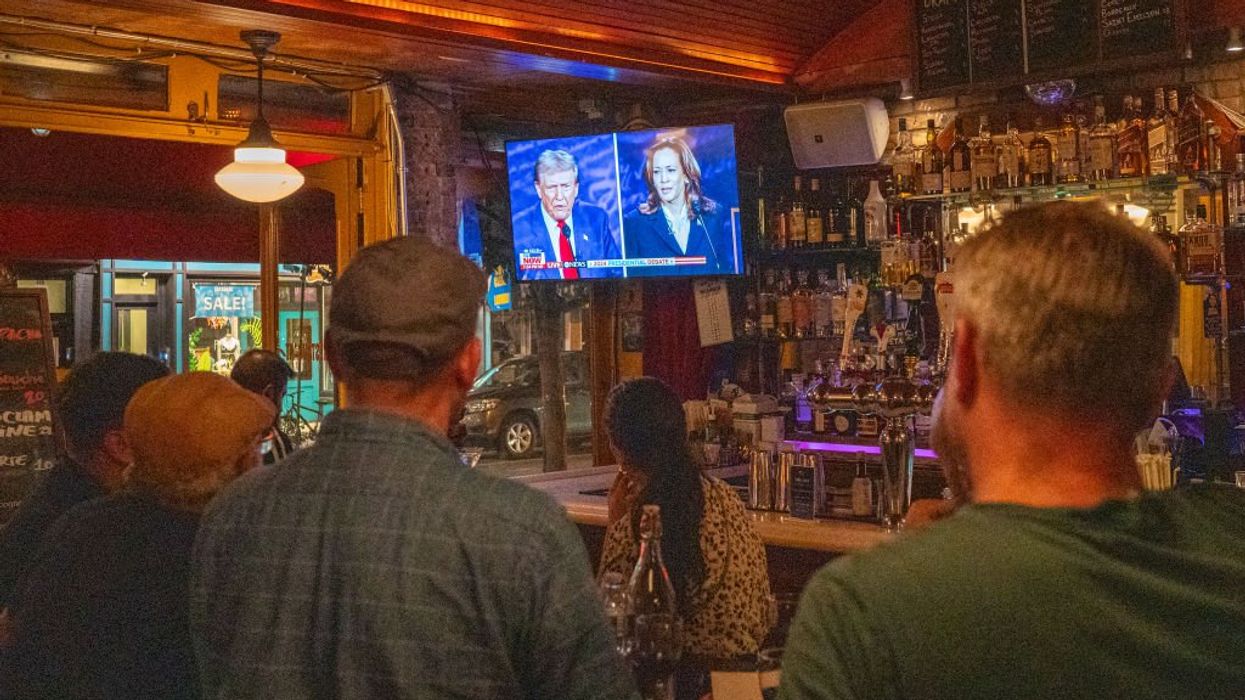Griffiths is the national editor of Independent Voter News, where a version of this story first appeared.
The most critical movement right now in the United States is to give voters an election system that is accountable, competitive and free of corruption. Hundreds of organizations across the country are working toward meeting this goal, and many of the movement’s leaders met in December to celebrate victories and discuss next steps.
The National Association of Nonpartisan Reformers hosted its annual summit in San Diego. It was the first time since before the Covid-19 pandemic that members and people interested in the coalition were able to meet in person, and there was plenty to discuss on the state of democracy and reform in the U.S.
“The purpose of the annual NANR summit is a chance for us to convene as election reformers,” said NANR Executive Director Andy Moore in an interview for IVN.
“There is tremendous value in getting people in the same room and having the nuanced conversations that help us understand the real value of these electoral reforms. We also get to hear from our colleagues on the ground about what’s working, what’s not, new strategies they’ve done.”
Moore described it as an “iron sharpens iron” approach. By learning from each other’s recent successes and losses, member organizations and other reform groups can adopt new strategies for future electoral reform campaigns.
Each of the three days featured special panels and breakout sessions to discuss topics such as the growing ranked-choice movement, approval voting, gerrymandering, using data to win elections, building winning legislative strategies and training the next generation of reform leaders.
Featured in all of these activities were leaders associated with member organizations, but also reform scholars like Larry Diamond and Charles Munger Jr., who delved deep into the science of elections and reform to set the tone for the rest of the summit.
“We built a flow to conversations,” said Moore.
“The first night we started off with three very smart people – Larry Diamond, Charles Munger Jr, and NPR’s Mara Liasson – to discuss what democracy is, what needs to be reformed, and over the next few days through group plenary sessions and smaller breakout sessions we were able to narrow those conversations to specific actions that are happening in Minnesota, Maine and elsewhere that helped guide the expectations of those who attended.”
He added that the feedback he has received from attendees has been overwhelmingly positive.
NANR is composed of dozens of member organizations, including pioneer groups in the reform space like RepresentUs, the nation’s largest anti-corruption group; FairVote, the preeminent advocate for ranked-choice voting and proportional representation; Independent Voter Project, author of California’s nonpartisan top-two primary; and Bridge Alliance, a coalition of 100-plus organizations committed to revitalizing democracy.
Members also include Unite America, Open Primaries, Institute for Political Innovation, Center for Election Science, National Vote at Home Institute, Forward Party, American Promise, and many more groups and individuals who want better elections for voters, which in turn will lead to a more accountable political process that is responsive to people’s needs.
“The collegiality leads to a lot of unexpected alliances and collective impact that we might not otherwise realize,” said Moore.
For example, he cited the emergence of final five voting, a name coined by reform stalwart Katherine Gehl and the Institute for Political Innovation. Final five voting combines a nonpartisan top-five primary in which all voters and candidates (regardless of party) participate on a single ballot with ranked-choice voting in the general election.
Nonpartisan primaries and ranked-choice voting were treated for years as if they existed in opposition to each other, but what groups like Independent Voter Project, FairVote and the Institute for Political Innovation found is that the reforms complement each other by offering fair elections open to all voters with more competition and choice.
“There is a lot of energy behind these reforms put together,” said Moore, “whether you are talking about a final four format, which was recently adopted and used in Alaska, or Nevada, which just passed the first of two ballot measures needed to approve a final five format.”
He noted that the nonpartisan reform movement is still relatively young, and things have just started to heat up for reforms like ranked choice voting and open primaries. RCV has the most momentum behind it, passing in states like Maine and Alaska, but also being adopted and used in 62 jurisdictions representing over 13 million Americans.
NANR brings together people who work toward different nonpartisan reforms to finds avenues for collaboration. Through increased cooperation between various groups across the country, the reform movement has seen one historic year of success after another over the last few years.
Moore explained that despite differences in approach and political philosophy, many Americans want change. The system isn’t working. And, if you bring together like-minded voters who agree that change is needed there is a good chance that if they support gerrymandering reform, they also want campaign finance reform, and they want to change our primary system, and think we need better voting methods.
“The structure of the nonpartisan reform movement is about building a stronger, more resilient, fairer, more representative democracy,” said Moore.
“We’re changing the aspects of how our democracy works, the underlying fabric of our democracy in ways that benefit voters so that it is not co-opted by the two major parties we have now or other parties that might emerge in the future. We want power to rest with voters and to ensure every vote counts and counts equally.”
He said the work doesn’t stop. The reform movement is not limited by the two-year election cycles. Reform efforts happen all the time throughout the country – every month of every year.
“As John Opdycke from Open Primaries, who is one of our board members, said, 'The goal of democracy and democracy reform is not always the product; it is the process. Democracy is a verb. It is a commitment. It is an idea.’ Our commitment to that idea happens every day.”
NANR is already in the planning stages for next year’s summit, including ways to better accomplish the goals of the summit.






















